A lanky species of wild rice turns compact and docile in a jiffy.
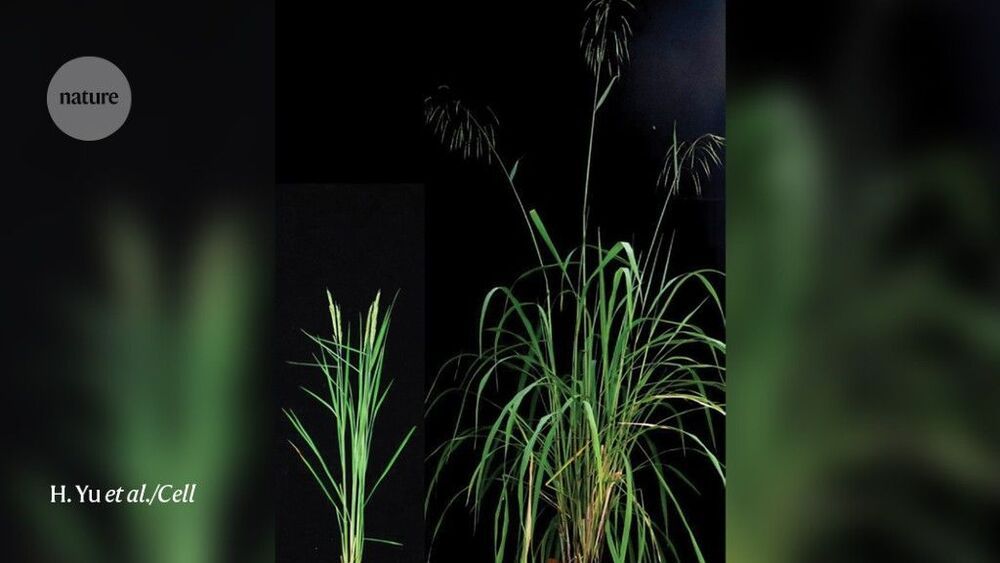

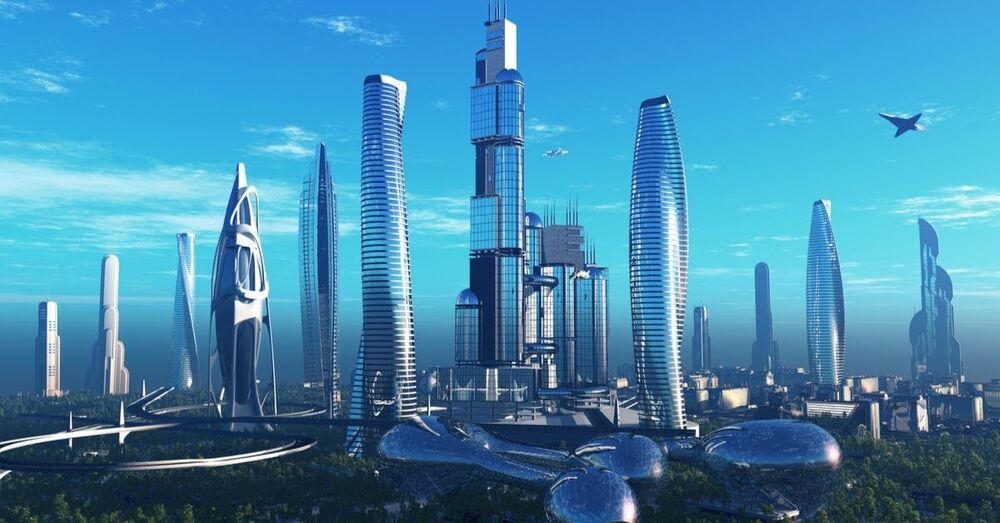
In the coming Age of Superintelligence [and automation] everyone should be entitled to social dividend, “free” money such as UBI, just for being alive. We should not forget that the wealthiest of us would not be as fortunate without civilization. Otherwise, Jeff Bezos would have to forage for food in the Amazon jungle all by himself. Being a human today is more than enough of a fair contribution to receive free money from the government. Going forward we’ll see more and more prominent voices vouching for UBI.
#HybridEconomy #UniversalBasicIncome #UBI #BasicIncome #SocialDividend #TaxWallStreet #WealthTax #InheritanceTax
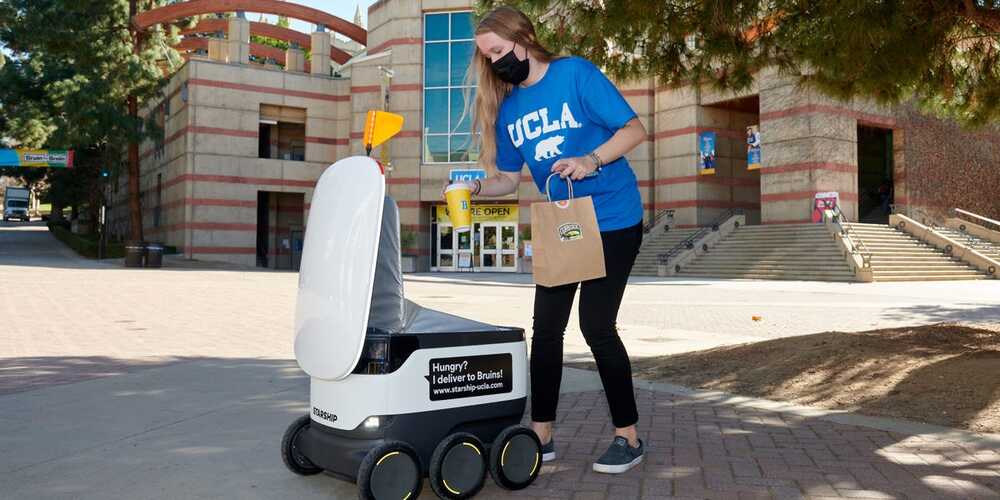
Autonomous food delivery company Starship Technologies hit 1 million deliveries this month, and has doubled the size of its robot fleet.
Starship Technologies, the autonomous delivery company that sends little six-wheeled robots to people’s doorsteps with groceries and takeout, has had an astonishing year.
There is a prize purse of up to $500000 for the team that can keep the astronauts fed during deep space journeys. Read the details here.
A fruitful experiment.
Top strawberry growers were pitted against data scientists in a smart-agriculture competition organized by Chinese e-commerce platform Pinduoduo.
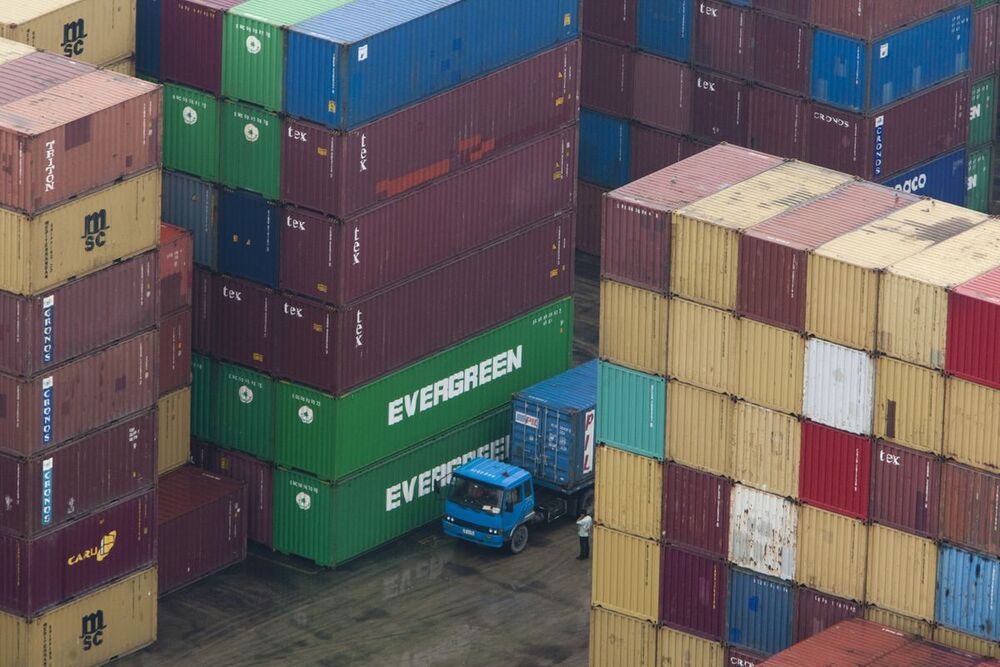

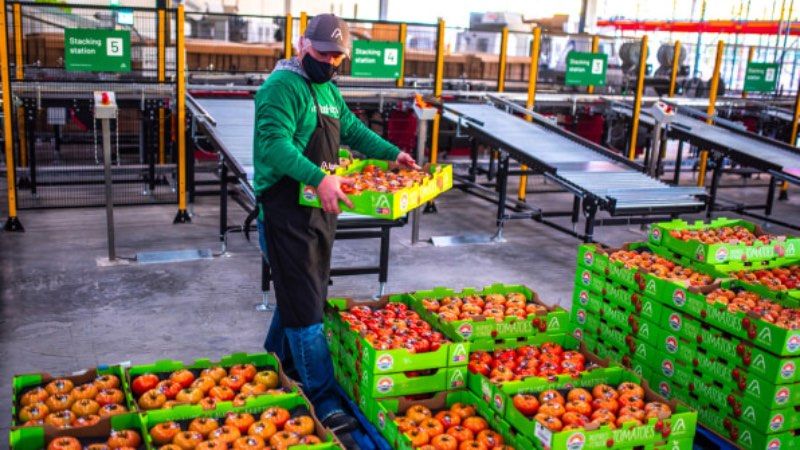
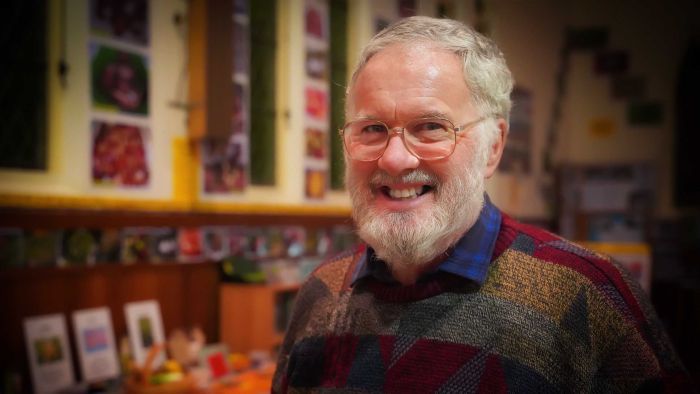
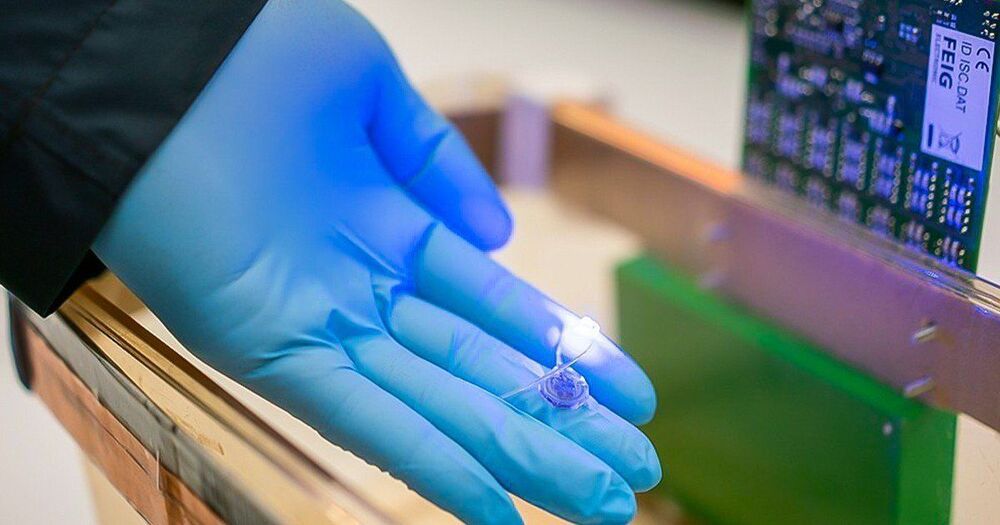
A tiny implant offers a new weight loss option, and a gastric bypass alternative, for people suffering from obesity.
The device uses light to stimulate the nerve responsible for regulating food intake. A tiny glow from the implant and users don’t feel as hungry — instead, they feel full.
Researchers at Texas A&M say that this dime-sized device could provide a far less invasive surgical option than the so-called stomach stapling surgery — which is currently a last resort surgery for obese patients. This could be a viable option for a gastric bypass alternative.